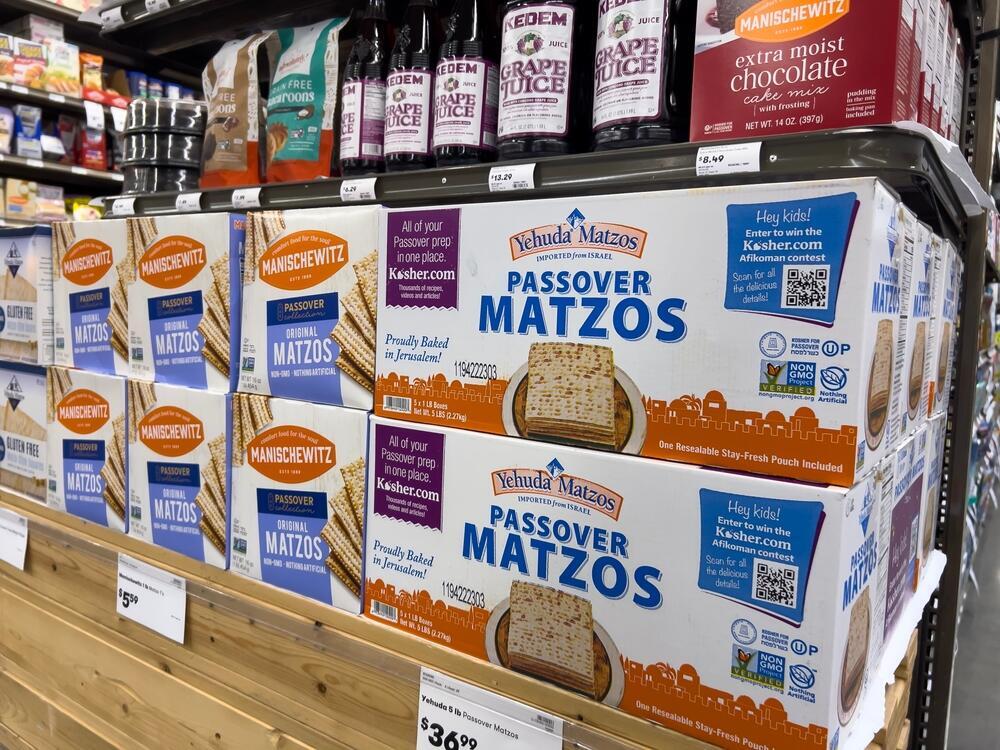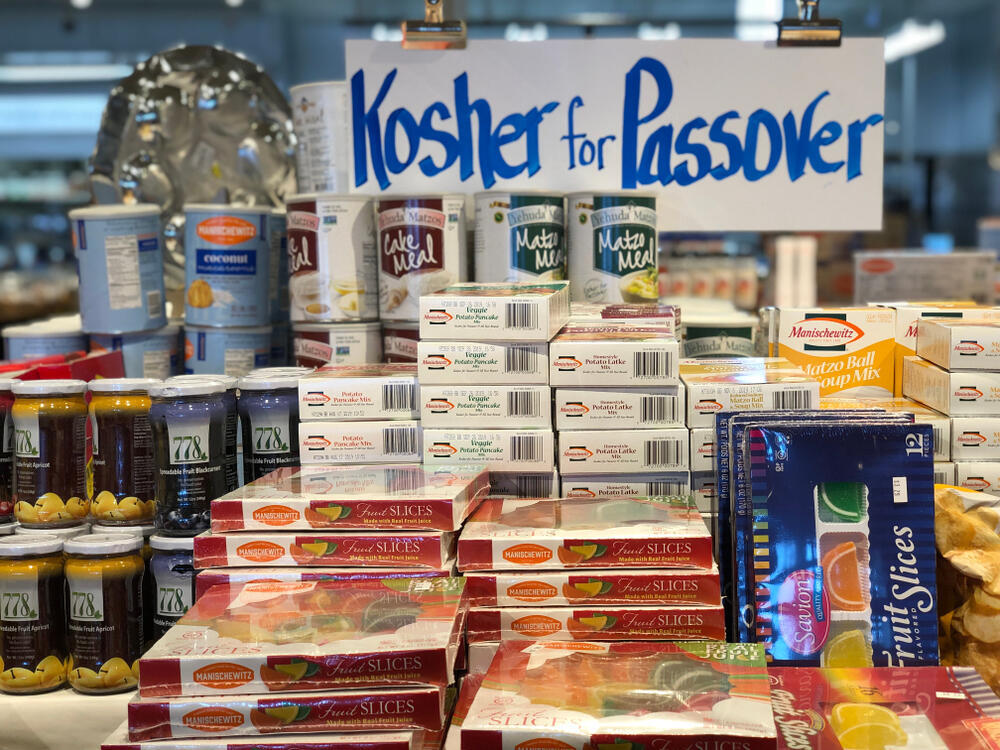Every year, Shelly Braverman from New York counts the days after Valentine's Day, eagerly awaiting her local supermarket in the Upper West Side to clear the heart-shaped candy boxes to make room for special Passover jams produced by Manischewitz, one of the leading kosher food brands worldwide.
She also looks forward to the special edition cola bottles with the yellow cap, produced for Passover in limited quantities. Unlike the usual high-fructose corn syrup, the yellow cap indicates that the fizzy drink is made with sugar.
"My family just prefers it more; it's not even about keeping kosher," she says. However, this year, even before Purim, the Bravermans were surprised to find their local supermarket's Passover kosher section already filling up.
"Seeing matzah, gefilte fish and horseradish in February? That's just too much, even for Passover enthusiasts like us," she says.
And she's not alone. Across the United States, retail chains and groceries launched their Passover kosher products earlier than usual this year, only to find that there are hardly any takers.
The reason for the early sales has less to do with retailers aligning with the Jewish faith and more with a case of "mistiming." In the United States, operations are guided by the Gregorian calendar, where most non-Jewish holidays occur on fixed dates that repeat annually. When one holiday ends, grocery stores stock up for the next one on the list.
For instance, as the unsold Easter chocolate eggs are cleared, matzah arrives on the shelves, regardless of whether it's too early to purchase them or not.
Leap years, like this one, are a concept most retailers have never heard of. Hence, Shani Seidman, the chief marketing officer of Kayco, the largest distributor of kosher food in America, found her phone ringing nonstop. "Supermarkets are calling me, worried and wondering why the products aren't selling,” she says.
“They tell me - we are looking at numbers from last year, and now it's so far off! They're really stressed because of the lack of sales. So, I show them a calendar and explain that Passover is several weeks later this year, only on April 22nd."
And that's a problem because the Bravermans appear to be an anomaly. Unlike the shopping frenzy for the holiday in Israel, studies show that peak sales for Passover in the United States only occur two days into the holiday. As a result, most supermarkets realized they would be stuck with an excess inventory of Passover kosher products for at least another two weeks.
"Often, we really need to educate the retailers," says Seidman. "They may be in charge of the kosher section in the store and understand the bigger picture - but not the details. And so, what happened this year happened. We really need to go out and teach them basic things like the Hebrew calendar." To this end, Kayco even published a special guide for supermarkets, attempting to address all the questions they’re bombarded with.
But the confusion is mutual and consumers are also getting lost in translation. Take the famous case of one of the most well-known coffee brands in the United States, Maxwell House, which for years suffered from declining sales to Jewish households around Passover.
It turned out that since legumes are forbidden during Passover, many American Jews avoided coffee beans, until the company managed to obtain a rabbinical ruling stating that coffee beans are not legumes but actually considered berry fruits, and therefore permissible for Passover.
"Now the situation is improving, and there's more understanding," says Seidman. "Every year, the selection of kosher Passover products just keeps growing, and accordingly, so do the sales. It's crossing over to audiences who are not just looking for kosher. There are people who really like these products for their taste or seek them out because the ingredients are generally healthier or because they are gluten-sensitive. So, yes, there are things that need to be changed for Passover, and it turns the whole thing into a bit of a mess, but sometimes it's for the better."




